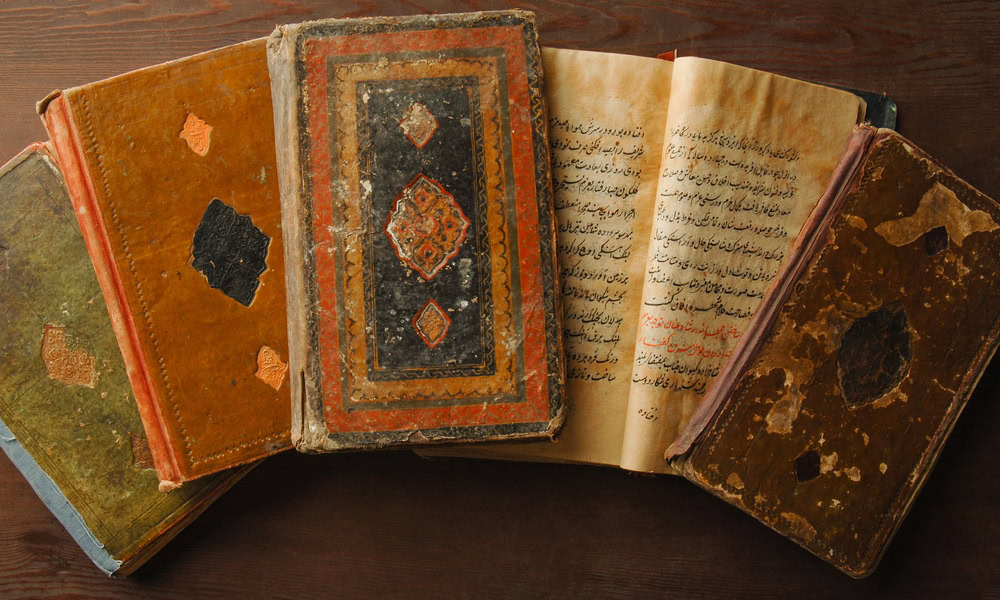Was Imam Ghazali Responsible For The Decline Of Islam’s Golden Era? – Shaykh Irshaad Sedick
Answered by Shaykh Irshaad Sedick
Question
Was Ghazali responsible for the decline of the Islamic golden era? There is an atheist astrophysicist who claimed that Muslim scholars like Al Ghazali gave fatwas for which Muslims stopped practising worldly sciences like Physics, Chemistry, and astronomy, which caused the fall of the golden era of Islam. Is it true? Did scholars of Islam decline the progress of sciences?
Answer
In the Name of Allah, the Most Merciful and Compassionate. May Allah alleviate our difficulties and guide us to what pleases Him. Amin.
This is an oft-repeated yet false narrative about the great Imam, and Allah knows best.
This question concerning Imam Ghazali’s influence on the so-called decline of the Islamic Golden Era involves a few essential misconceptions to clarify.
Misconception One
Imam Ghazali was a prolific scholar whose works primarily focused on theology, jurisprudence, and Sufism.
His critique was not against the sciences themselves but against specific philosophical methodologies and their speculative approach, which he believed could lead to misleading conclusions about faith and the nature of God.
He intended to defend Islamic beliefs from philosophical interpretations contradicting foundational Islamic tenets.
Misconception Two
The claim that Imam Ghazali issued fatwas against practising sciences like physics, chemistry, and astronomy is not supported by historical evidence. None of his works suggest that Muslims should abandon these or any other forms of worldly knowledge.
Instead, Ghazali himself was an advocate for the pursuit of knowledge, as evidenced in his emphasis on mastering various Islamic sciences and his acknowledgment of logic as a tool to understand revelation better.
Oversimplification of History
The narrative that Islamic scholars were responsible for the decline in the sciences during the later centuries is an oversimplification and misrepresentation. The decline of the Islamic Golden Era was not due to a religious rejection of science.
Still, it was more likely influenced by a complex array of factors, including political instability, economic issues, and external invasions (like the Mongol invasions). These factors disrupted the societal structures that supported educational and scientific institutions.
Islam Championed The Sciences
Moreover, Islamic scholars throughout history have been prominent in the development and progress of various sciences. Figures such as Ibn Haytham in optics, Biruni in physics and astronomy, and countless others contributed significantly to their fields well into the late medieval period.
Allah says: “Are they better or those who worship their Lord devoutly in the hours of the night, prostrating and standing, fearing the Hereafter and hoping for the mercy of their Lord? Say, O Prophet, “Are those who know equal to those who do not know?” None will be mindful of this except people of reason.” [Quran, 39:9]
Check Your Sources
In discussions about religion and science within Islamic history, we must base our understanding on a comprehensive and nuanced view of historical developments rather than simplified and often misleading narratives.
Islam has historically endorsed the pursuit of knowledge, as is evident from the Quran and the sayings of the Prophet Muhammad (Allah bless him and give him peace), which encourage learning and wisdom.
I pray this is of benefit and that Allah guides us all.
[Shaykh] Irshaad Sedick
Checked and Approved by Shaykh Faraz Rabbani
Shaykh Irshaad Sedick was raised in South Africa in a traditional Muslim family. He graduated from Dar al-Ulum al-Arabiyyah al-Islamiyyah in Strand, Western Cape, under the guidance of the late world-renowned scholar, Shaykh Taha Karaan.
Shaykh Irshaad received Ijaza from many luminaries of the Islamic world, including Shaykh Taha Karaan, Mawlana Yusuf Karaan, and Mawlana Abdul Hafeez Makki, among others.
He is the author of the text “The Musnad of Ahmad ibn Hanbal: A Hujjah or not?” He has served as the Director of the Discover Islam Centre and Al Jeem Foundation. For the last five years till present, he has served as the Khatib of Masjid Ar-Rashideen, Mowbray, Cape Town.
Shaykh Irshaad has thirteen years of teaching experience at some of the leading Islamic institutes in Cape Town). He is currently building an Islamic online learning and media platform called ‘Isnad Academy’ and pursuing his Master’s degree in the study of Islam at the University of Johannesburg. He has a keen interest in healthy living and fitness.
